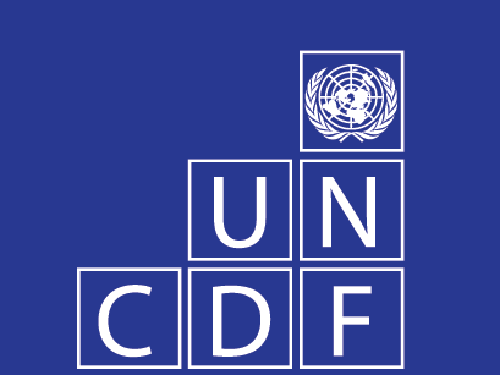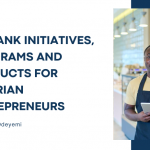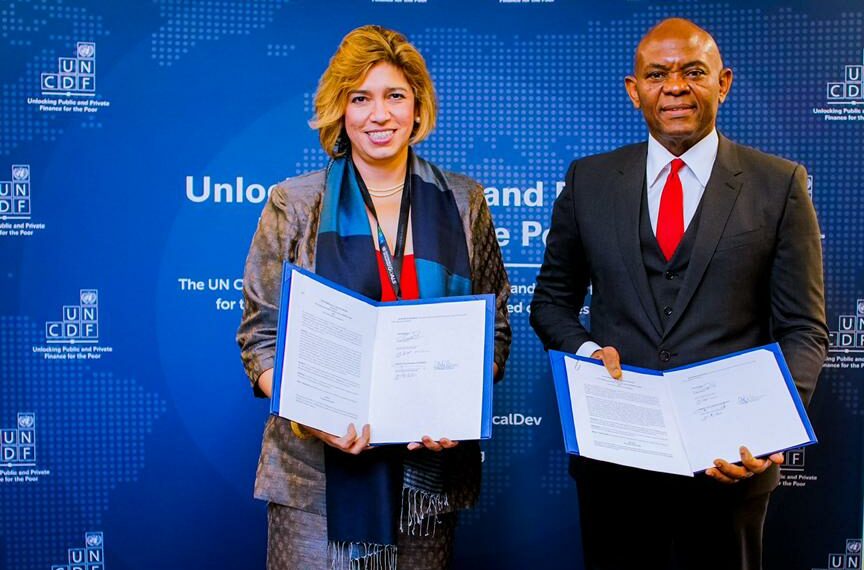Nigeria is set to strengthen its support for small businesses through a new partnership with the United Nations Capital Development Fund (UNCDF), following a high-level agreement to sign a Memorandum of Understanding (MoU). The planned agreement is designed to provide interest-free loans and comprehensive backing for small and medium-sized enterprises (SMEs) across the country, in a move that signals Nigeria’s growing commitment to inclusive economic growth.
The agreement was reached at the Fourth International Conference on Financing for Development (FFD4), held in Seville, Spain. The Nigerian delegation to the conference was led by the Minister of Foreign Affairs, Amb. Yusuf Tuggar, who met with Mr. Pradeep Kurukulasuriya, Executive Secretary of the UNCDF. According to Tuggar’s media aide, Alkasim Abdulkadir, both leaders agreed in principle to formalize the partnership through an MoU that will unlock interest-free credit and wider forms of technical and financial assistance to support Nigerian SMEs.
The meeting focused on strategies to deepen economic collaboration, particularly in the areas of employment generation and SME development. Tuggar emphasized that Nigeria is intensifying efforts to promote entrepreneurship and inclusive finance, especially for young people and women, who remain largely underserved by traditional lending institutions.
At the same event, the Foreign Affairs Minister also made a strong case for international cooperation in Nigeria’s broader reform agenda. He called for Swedish technical expertise to support the rollout of Nigeria’s newly signed tax reform policy, which aims to enhance transparency, broaden the tax base, and improve revenue collection. He also sought Sweden’s support for Nigeria’s candidacy for a non-permanent seat on the United Nations Security Council for the 2030–2031 term, highlighting the country’s role in promoting peace and regional stability.
Speaking on behalf of President Bola Ahmed Tinubu, Tuggar delivered a national statement reiterating Nigeria’s commitment to financial inclusion and economic empowerment as core pillars of its development strategy. He spotlighted government efforts to scale up the impact of institutions like the Bank of Industry and the Bank of Agriculture, which are being repositioned to offer stronger support for MSMEs, particularly in underserved sectors of the economy.
Beyond the main conference, Tuggar served as the keynote speaker at the launch of the Green Guarantee Group (GGG), where he reaffirmed Nigeria’s resolve to align economic growth with environmental sustainability. He highlighted the country’s green finance agenda and its dedication to achieving the Sustainable Development Goals (SDGs), especially in climate resilience, energy transition, and sustainable enterprise development.
In a series of bilateral meetings, Tuggar engaged with global leaders and development partners to explore new opportunities for economic collaboration, climate financing, and international trade. These engagements reflect Nigeria’s ongoing diplomatic efforts to reposition itself as a key player in global development discourse while securing tangible benefits for its citizens.
The planned MoU with UNCDF and the series of high-level engagements in Spain demonstrate Nigeria’s proactive approach to diplomacy, economic inclusion, and sustainable growth. With this step, the government is signaling a renewed focus on empowering small businesses as engines of job creation and long-term economic transformation.










